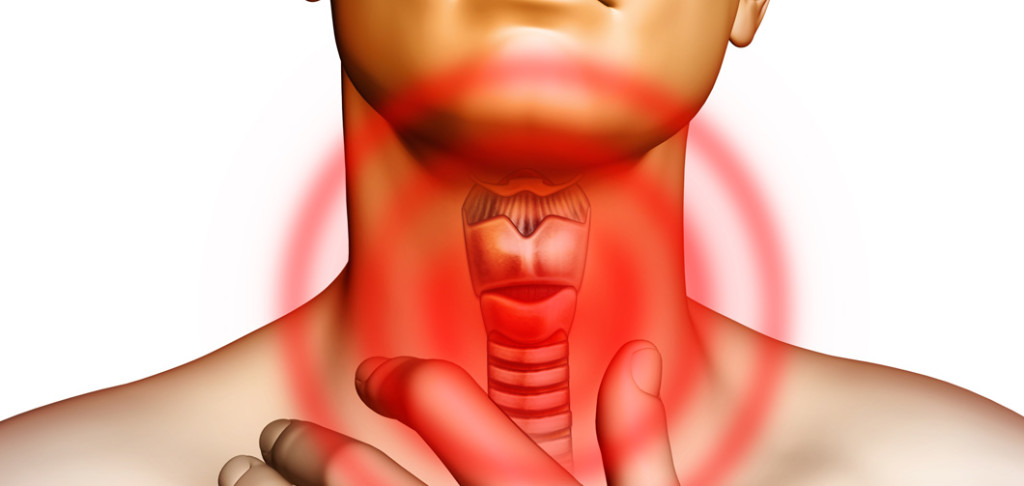The thyroid is a small gland located around your box and near your voice box. Although it is relatively small in size, the things it does control almost your entire bodily functions. The thyroid gland produces hormones which control the smooth functioning of your brain, heart, metabolism and another major process which is taking place right now in your body at this time. If this gland malfunctions, your entire body malfunctions. Thyroid disorders can range from a small, harmless goiter (enlarged gland) that needs no treatment to life-threatening cancer. The most common thyroid problems involve abnormal production of thyroid hormones. Too much thyroid hormone results in a condition known as hyperthyroidism. Insufficient hormone production leads to hypothyroidism. We will talk about the signs and symptoms of both these conditions so that you can check them off and get your thyroid levels checked as soon as you can.
Hyperthyroidism
Hyperthyroidism occurs when your thyroid gland malfunctions and produces too much of the thyroid hormone. This destroys the balance in your body and you experience some or all of these symptoms on a regular basis.
1 – Sudden weight loss, even when your appetite and the amount and type of food you eat remain the same or even increase.
2 – Rapid heartbeat (tachycardia) — commonly more than 100 beats a minute — irregular heartbeat (arrhythmia) or pounding of your heart (palpitations)
3 – Increased appetite
4 – Nervousness, anxiety, and irritability
5 – Tremor — usually a fine trembling in your hands and fingers
6 – Sweating
7 – Changes in menstrual patterns
8 – Increased sensitivity to heat
9 – Changes in bowel patterns, especially more frequent bowel movements
10 – An enlarged thyroid gland (goiter), which may appear as a swelling at the base of your neck
11 – Fatigue, muscle weakness
12 – Difficulty sleeping
13 – Skin thinning
14 – Fine, brittle hair






